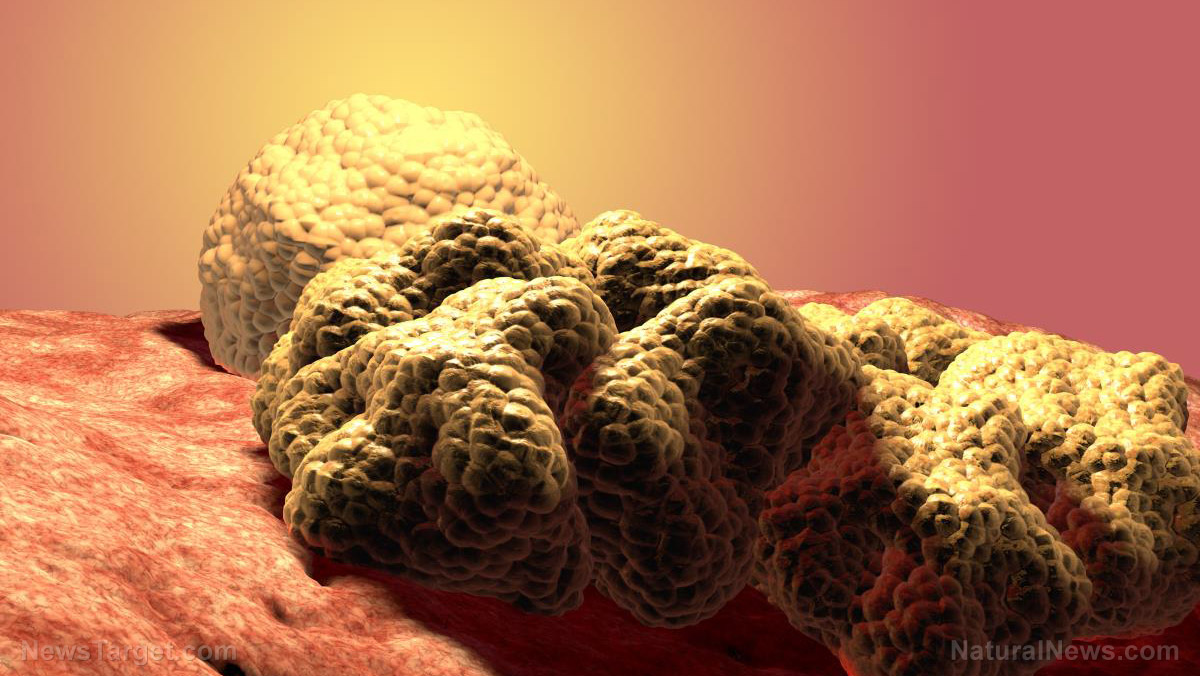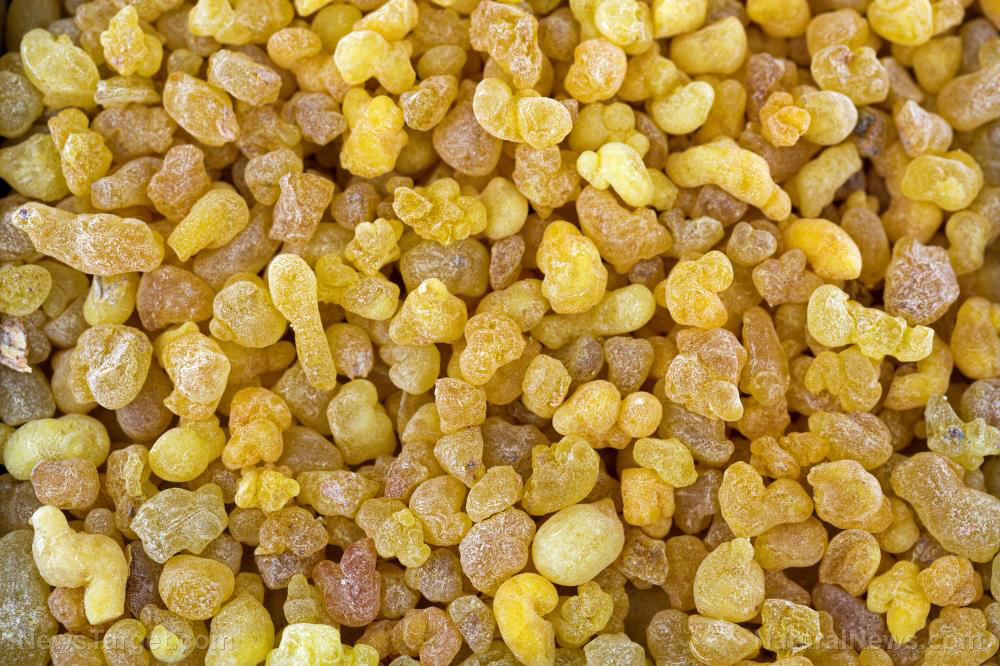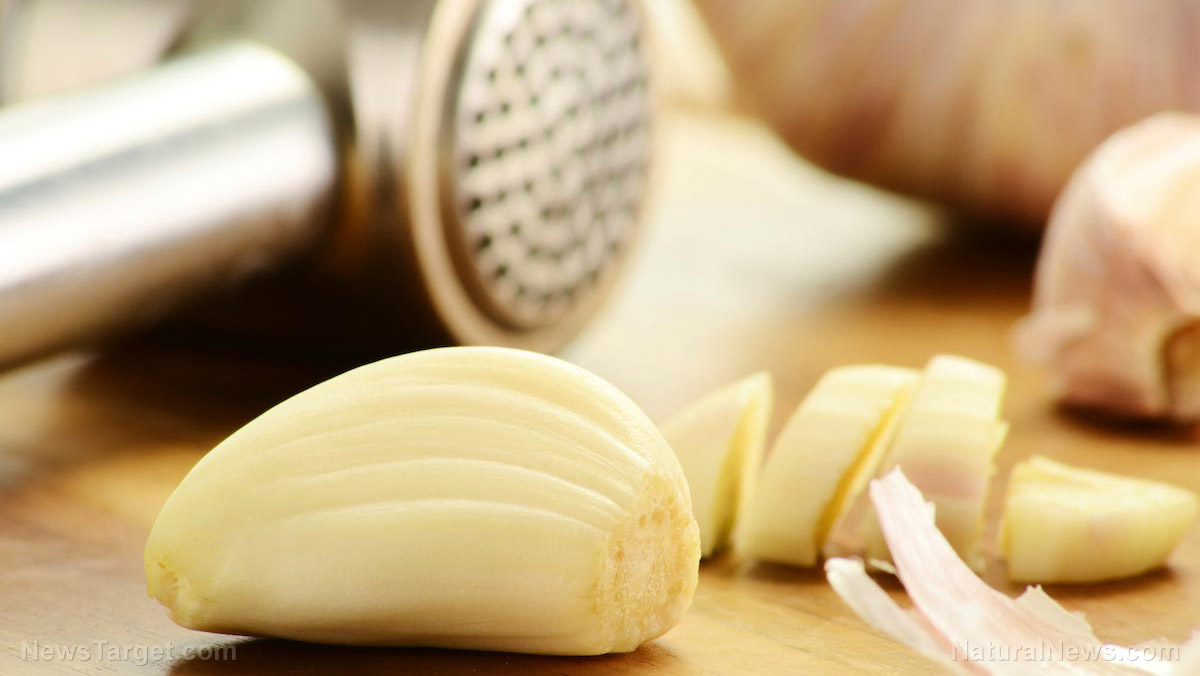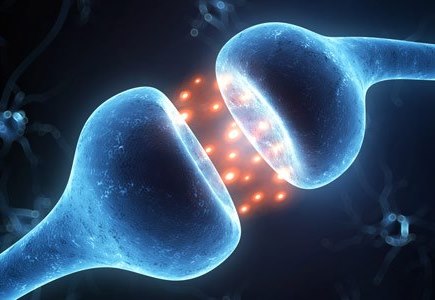New study explains why having a lower calorie intake is healthier for you
12/14/2018 / By RJ Jhonson

A study from the University of Geneva (UNIGE) backs the age-old knowledge that losing weight requires reducing your caloric intake. However, the researchers say it’s not so your body doesn’t get more than it can burn – rather, it’s because eating fewer calories is what’s good for the bacteria in your gut.
The traditional view on weight loss is straightforward – physical activity burns calories you take in through food. If your caloric intake is so high that your body cannot use all of the energy from the food you eat, the surplus calories become stored as fat. Losing weight, therefore, means eating less and moving more so that no surplus is created in the long run.
The researchers from the UNIGE study say this is merely one side of the picture. They restricted the caloric intake of mice for 30 days and found that the animals had developed beige fat. Unlike white fat that stores energy, beige and brown fats burn energy and are beneficial to weight loss.
They then obtained caecum microbial communities from the calorie-restricted mice and transferred these to sterile mice that had no microbes living in their gut yet. They noted that despite eating regularly, the recipient rats also developed beige fats and appeared leaner than normal. They took this as a sign that just changing the composition of the gut microbiome can have a profound effect on the ability of animals to burn fat and lose weight.
The researchers observed many beneficial changes in the mice going through the calorie-restricted diet. Apart from having more beige fat, they also showed signs of lower blood sugar and the ability to burn more fat. They were also more resistant to cold temperatures.
Low calories create compounds for treating obesity
Gram-negative gut bacteria produce lipopolysaccharides (LPS), endotoxins linked to various diseases. Because of their potential risks, LPS automatically trigger an immune response against their source when levels get too high.
Interestingly, the bacteria in calorie-restricted mice produce fewer LPS than in normal mice. When the researchers restored the levels of LPS to normal levels, the mice lost the benefits they gained from their calorie-restricted diet.
What this means, according to the researchers, is that the immune system does more than controlling the body’s reaction to pathogens, it also regulates metabolism. By lowering the levels of LPS produced by gut bacteria, it’s possible to simulate the calorie-restricted state and reap its many health benefits.
The team is now looking into the possibility of using two specific compounds to directly reduce the concentration of LPS and put into action the benefits of a calorie-restricted diet. They offered that there may come a day when this approach is the norm for treating obesity. (Related: Obesity is a social thing: Study finds health habits are “contagious” and highly influenced by social groups.)
Caring for your gut bacteria
Like pets, you need to pay extra attention to the bacteria in your gut and their needs if you want to obtain the benefits they offer. The following are steps to support a healthy gut microbiome.
- Eat healthily – Fruits and vegetables, as well as whole grains, need to be a big part of your diet. These contain dietary fibers that your body cannot digest, but your gut bacteria can use as food. Try to diversify your food choices, too, as this will result in a more diverse microbiome that can protect you from various types of diseases.
- Eat fermented food – Eating fermented food is one of the easiest ways to keep your probiotic populations replenished. Foods like yogurt, sauerkraut, and kimchi are full of probiotics and nutrients that support proper digestion and better overall health.
- Eat foods rich in polyphenols – These are natural compounds that play several roles in the human body. For the most part, they are antioxidants that help protect the body from common diseases. Because they are not digested easily, they also serve as food for gut bacteria.
Learn about the benefits of gut bacteria in terms of weight loss at Slender.news.
Sources include:
Tagged Under: fasting, gut bacteria, lipopolysaccharides, low calorie intake, low-calorie diet, natural remedies, obesity, prevent obesity, prevention, Probiotic, slender, weight control, weight loss




















